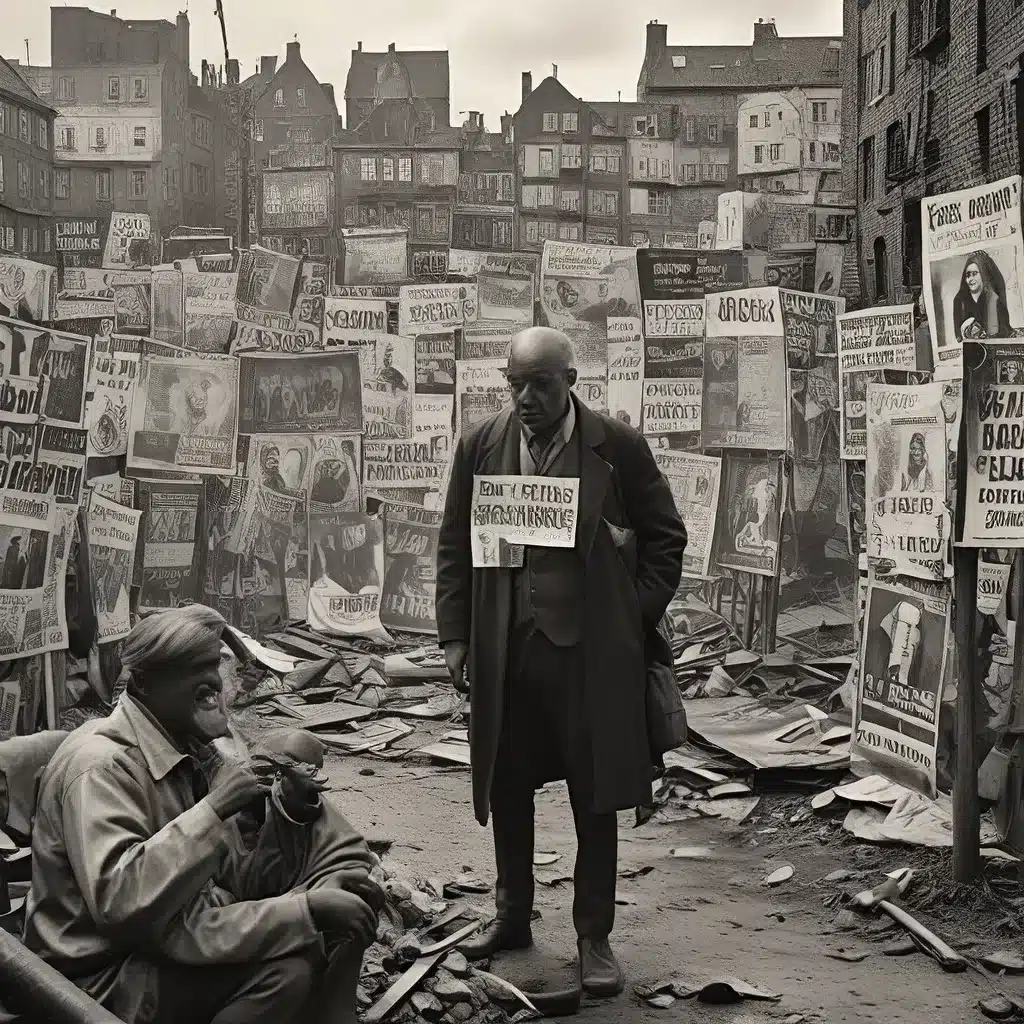
Unraveling the Mysteries of Ancient Civilizations
The study of ancient civilizations and their socio-political structures has long captivated the minds of historians, archaeologists, and the general public alike. From the grand empires of the past to the lesser-known cultures that have left their mark on the world, understanding the intricate web of power, governance, and societal organization in these bygone eras is crucial to piecing together the human story.
Unearthing the Foundations of Power
One of the key aspects of exploring ancient societies is the study of their political and governing systems. By examining the structures of authority, the distribution of power, and the mechanisms of decision-making, we can gain valuable insights into the priorities, beliefs, and worldviews of these civilizations.
The rise and fall of ancient empires, for instance, often reflects the complex interplay between centralized power, local autonomy, and the ability to maintain control over vast territories. The Assyrian Empire, known for its military might and expansionist policies, provides a fascinating case study in the challenges of governing a diverse population and the consequences of overreach. Similarly, the Mayan civilization, with its intricate system of city-states and a sophisticated understanding of astronomy and mathematics, offers a unique perspective on the role of knowledge and religious beliefs in shaping political structures.
Exploring Cultural Diversity and Societal Dynamics
Beyond the realm of political power, the study of ancient civilizations also sheds light on the rich tapestry of cultural diversity that has characterized the human experience throughout history. By examining the customs, beliefs, and social structures of these societies, we can better understand the complex interplay between individual identity, group affiliation, and the broader societal framework.
The ancient Egyptians, for instance, were renowned for their elaborate funerary practices, which not only reflected their beliefs about the afterlife but also served as a means of reinforcing social hierarchies and the power of the ruling elite. Similarly, the Indus Valley Civilization, with its meticulously planned urban centers and advanced sanitation systems, provides insights into the role of urban planning, technology, and infrastructure in shaping the daily lives of its inhabitants.
Unraveling the Mysteries of Archaeological Discoveries
In our quest to understand the past, archaeological discoveries have played a crucial role in unearthing the physical remnants of ancient civilizations, shedding light on their material culture, technology, and social organization. From the majestic pyramids of Giza to the intricate mosaics of Pompeii, these artifacts and architectural wonders serve as tangible links to the lived experiences of our ancestors.
The discovery of the Terracotta Army in China, for example, has not only captivated the public imagination but has also provided invaluable insights into the military organization, artistic prowess, and religious beliefs of the Qin Dynasty. Similarly, the ongoing excavations at Göbekli Tepe in Turkey have challenged our understanding of the origins of organized religion and the transition from hunter-gatherer to sedentary societies.
Emerging Theories and Interdisciplinary Approaches
As our understanding of ancient civilizations continues to evolve, new theories and interdisciplinary approaches have emerged, offering fresh perspectives and challenging long-held assumptions. The integration of diverse fields, such as anthropology, genetics, and environmental studies, has led to groundbreaking discoveries and a more holistic understanding of the past.
The study of ancient DNA, for instance, has provided invaluable insights into the migration patterns, genetic relationships, and population dynamics of our ancestors, often challenging traditional historical narratives. Similarly, the application of geospatial technologies to archaeological sites has enabled researchers to uncover hidden patterns, identify previously unknown structures, and gain a more comprehensive understanding of the spatial organization of ancient societies.
Connecting the Past to the Present
As we delve deeper into the mysteries of ancient civilizations, it becomes increasingly clear that the study of the past is not merely an academic pursuit. Rather, it serves as a crucial bridge between our shared human experience, enabling us to better understand the origins of our social, political, and cultural institutions, as well as the enduring legacies and ongoing challenges that continue to shape our world.
By exploring the socio-political structures of ancient societies, we not only gain a richer appreciation for the diversity and complexity of human civilization but also acquire a valuable toolkit for addressing the pressing issues of our time. From understanding the dynamics of power and governance to appreciating the role of cultural exchange and adaptation, the lessons of the past can inform and inspire our collective efforts to build a more just, equitable, and sustainable future.
The Lost Kingdoms is dedicated to sharing these captivating stories, fostering a deeper understanding of our shared human heritage, and fueling our collective curiosity about the mysteries that lie buried within the annals of history.


